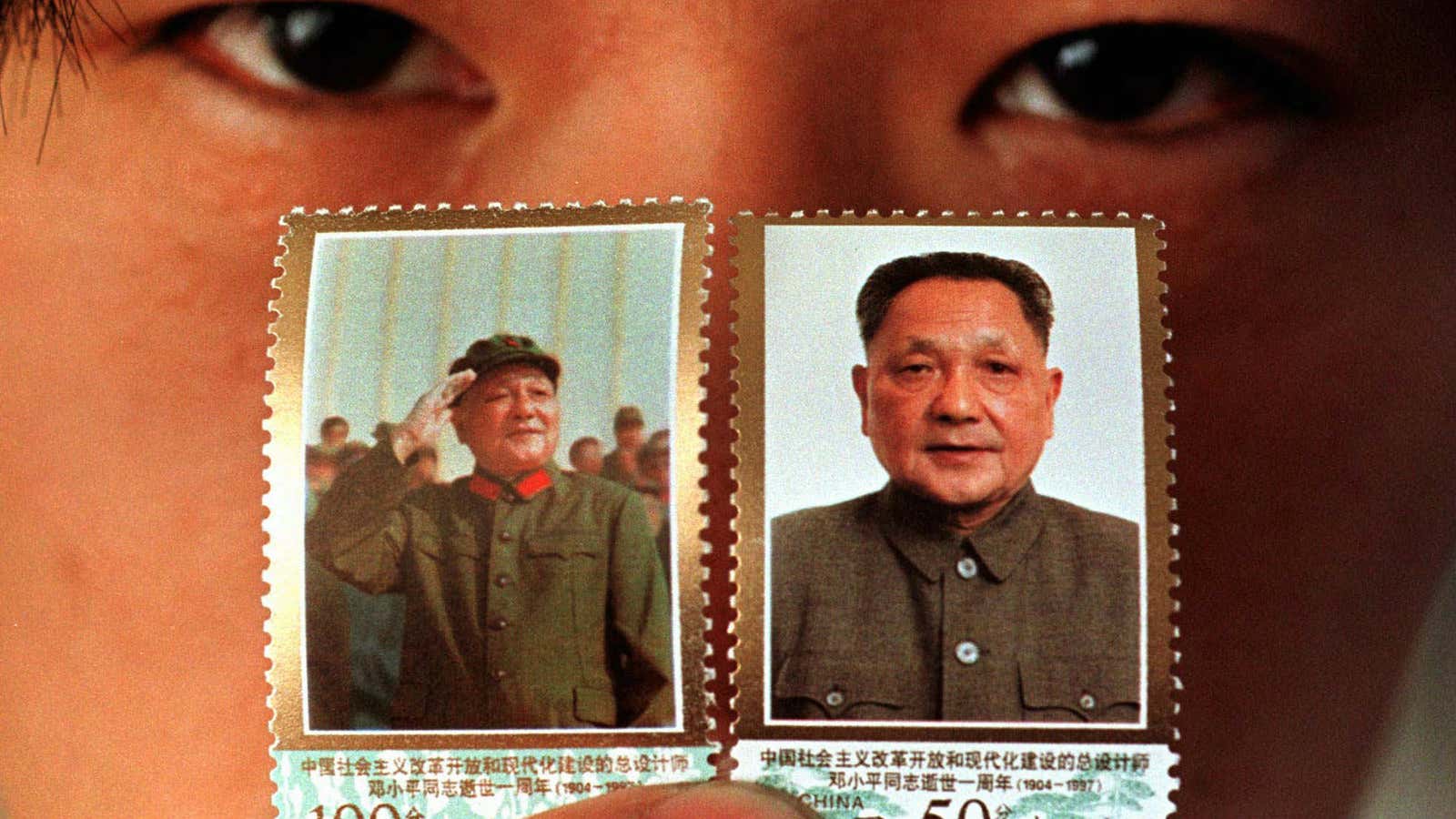Rapidly unfolding events in China are rattling the international business community. An economic slowdown is piling on top of propaganda-fueled anti-Japan demonstrations, spectacular corruption and crime scandals reaching into the leadership, and signs of deep divisions within the Communist Party aristocracy just a month before the China’s once-in-a-decade leadership transition.
It is time to realize that the era of Deng Xiaoping is over. Dramatic reforms pushed through by a strongman ended when Premier Zhu Rongji retired a decade ago. A party that lacks consensus now must reach unanimity at the top—all in a political culture where dispute resolution is defined as “I crush you,” and compromise comes in the form of “I win, you lose.”
Those who assume that the 18th Party Congress slated for late October will end with a visionary and united group quickly enacting targeted stimulus spending to goose short-term growth and far-reaching reforms to rejigger the China Model may want to take some deep breaths. As the country emerges from its version of a combined Gilded Age and Robber Baron Era, those enriched by the current system and threatened by change won’t step aside willingly.
Perhaps Deng’s one remaining legacy will be his aphorism of China crossing the river by feeling the stones. But the rocks are more slippery and the waters more treacherous than ever before—at home and abroad. Continuous uncertainty is likely to be a certainty for those doing business in and with China for at least the next few years.
What signs should business people look for to decide whether to double-down on China or redouble efforts to mitigate China risk? Don’t listen to what the Chinese government says, watch what it does. If the downtrodden private sector is unleashed and state enterprise rolled back, China can move forward with impressive speed. If state enterprise remains unscathed or emboldened, look for opportunity, growth and stability elsewhere.
